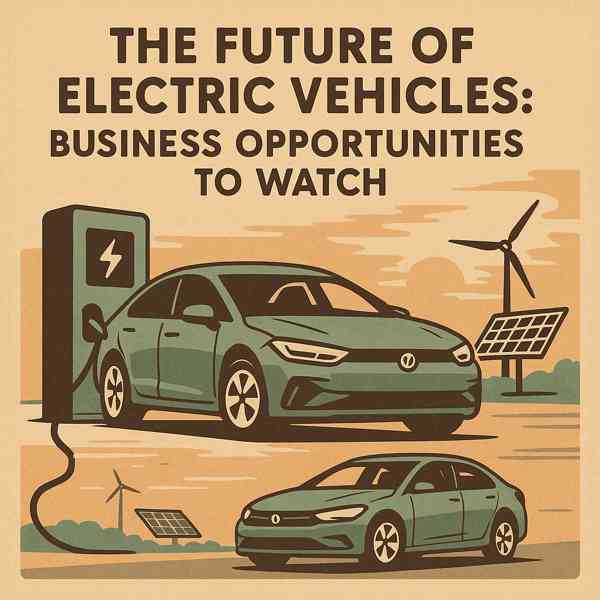
Electric vehicles (EVs) are transforming the way we think about transportation.
As battery technology improves and infrastructure expands, owning an electric vehicle has never been more appealing.
What Are Electric Vehicles?
Unlike gasoline-powered cars, EVs produce no exhaust pollution.
Main elements of an electric vehicle:
- Replaces the internal combustion engine
- Battery pack
- Power electronics
- Allows the vehicle to recharge from external sources
Electric vehicles come in various types, such as plug-in hybrids (PHEVs)—each with different levels of electrification.
Why Choose an EV?
The rise of electric vehicles is fueled by their positive environmental impact.
Major benefits include:
- Lower operating costs
- Environmental sustainability
- Better overall driving comfort
- Government incentives and tax credits
For eco-conscious and cost-aware drivers, electric vehicles are an increasingly forward-thinking choice.
Challenges of Electric Vehicles
Understanding the limitations of electric vehicles will help you make an more information informed decision.
Potential drawbacks to keep in mind:
- Shorter range compared to gas vehicles
- Not all areas have adequate public chargers
- More expensive upfront than comparable gas models
- Batteries degrade over time
As technology advances and infrastructure improves, many of these challenges are becoming easier to manage.
Types of Electric Vehicles
Choosing the right type depends on your needs, driving habits, and budget.
EV formats explained:
- Fully electric with no gas engine
- Plug-in Hybrid Electric Vehicles (PHEVs)
- Self-charges through regenerative braking
- Use hydrogen to generate electricity
Each type has its pros and cons, so buyers should evaluate their needs.
Understanding Charging Options
There are multiple charging levels and methods depending on your vehicle type.
How EVs get recharged:
- Level 1 Charging
- 240V outlet at home or public stations
- Can charge 80% in under an hour
- Wireless or inductive charging (emerging tech)
As public charging networks expand, EV owners will enjoy even more accessibility and peace of mind.
The Future of Electric Vehicles
Electric vehicles are here to stay.
Trends shaping the future include:
- Higher energy density and faster charging
- Using EVs to support the power grid
- The future of hands-free travel
- Expansion of affordable EV models
As innovation continues, EVs will become more mainstream and essential.
The Road Ahead for EVs
Electric vehicles represent a major shift in how we think about transportation.
From environmental benefits to cutting-edge tech, electric vehicles offer a powerful alternative to traditional cars.